Benefit: heart health
Watermelon
Originating in Africa, watermelon is high in water content, vitamin A and C and very low in calories. Although a poor fiber source, it is not only good as a refreshing snack in summer, but is one of the richest foods in lycopene (even more than tomatoes, giving it its pink color) and citrulline. While lycopene can improve heart health, lower cholesterol and protect from cancer, citrulline is an amino acid responsible for lowering blood pressure and can be used to treat muscle soreness.
Green peas
This legume is high in starch and fiber and especially rich in protein. Peas contain antioxidants polyphenols and have low glycemic index, helping stabilize blood sugar levels and are diabetes friendly food. They are great for digestion due to high content of insoluble fiber, protect heart from heart disease and help lower blood pressure and cholesterol levels. Rich in saponins, they have anti-cancer properties. The most present minerals in peas are manganese, phosphorus and iron. Another powerful substance in peas is lutein, good for eye health. On the other side, peas contain antinutrients common for legumes, that are making the mineral absorption and peas digestion more complicated. This might cause bloating and discomfort during consumption.
Blueberry
Blueberries are very low in calories and are incredibly nutrient-dense. They are considered to be the richest food in antioxidants among all fruits and vegetables. They contain mainly flavonoids, more specifically anthocyanins giving them their deep blue color. Antioxidant properties of blueberries help reduce DNA damage and therefore slow down aging and have anti-cancer effect on our body. They are also believed to be mood boosters. Blueberries help reduce cholesterol levels, lower blood pressure and protect our heart. They have low glycemic index and are an excellent choice for people with diabetes and can be consumed as a prevention against this health issue. Lastly, they improve cognitive performance and brain health.
Banana
Banana is athlete’s favorite healthy snack, due to good fiber and mineral content and natural sugars excellent for restoring energy levels. Starch from unripe bananas gradually turns into sugar as they get more yellow and mature. Banana is rich in pectin giving it its soft, spongy texture. Pectin can help regulate blood sugar levels after a meal and together with resistant starch reduces appetite. However, both pectin and resistant starch concentration drops as the banana ripens. Banana is great for digestion and good bacteria in our guts and is a rich source of vitamin B6 and potassium. Potassium from banana improves heart and kidney health and regulates blood pressure and is also believed to reduce muscle cramps due to exercising. High antioxidant levels, particularly dopamine, make banana a great choice for heart disease and degenerative illnesses.
Apple
Apple has high content of polyphenols – powerful antioxidants present mostly in the peel, helping regulate blood sugar and fat levels. Apples are very filling and help reduce appetite when consumed before a meal. That makes them an important food in weight management and obesity prevention. They are beneficial to heart health and lower risk of stroke and heart disease due to high soluble fiber content. Apples contain fiber pectin, feeding good bacteria in our guts and lowering cholesterol. They are considered to lower risk of type 2 diabetes and widely believed to reduce risk of cancer.
Cabbage
Cabbage is low in starch and high in fiber, which, together with low glycemic index make it an excellent choice for diabetes treatment. It also contains anthocyanins, especially found in red cabbage, that help reduce blood sugar levels and keep heart healthy. Although it can cause excessive gas, it is very high in vitamins K and C and antioxidants like polyphenols. It is good for digestion and lowering cholesterol levels. Cabbage is one of the best medicines for inflammation and promotes gut health, especially in fermented form or as famous ‘kimchi’.
Cauliflower
Cauliflower is a cruciferous vegetable high in fiber and low in calories. It is one of the most filling vegetables and promotes fullness and weight management. It is rich in antioxidants, especially in glucosinolates and sulforaphane helping slow down growth of cancer cells. Cauliflower is good for heart and blood vessel health and contains high amounts of vitamin C. It is also rich in choline, a nutrient promoting brain development and nervous system health and protecting liver from excessive cholesterol accumulation. It contains decent amount of folate that promotes blood cell formation and enables healthy cell growth and function.
Potato
Potato contains mostly carbs (starch) with almost no fat and is cholesterol and gluten-free. However, due to high glycemic index (fast rise of blood sugar), it should be carefully consumed with people with diabetes. It is good for lowering blood pressure and for heart health thanks to antioxidant anthocyanin. A lot of nutrients are packed in its skin, therefore it is good to eat it without peeling too. Potato is rich in vitamin B and potassium, which make it a good choice for diarrhea treatment since a lot of potassium is lost during this process. Another nutrient present in potatoes is choline, which improves movement, mood, brain development and inflammation. Also containing tryptophan, it promotes good sleep and has calming and sedating effect. Potato is considered one of the most filling foods.
